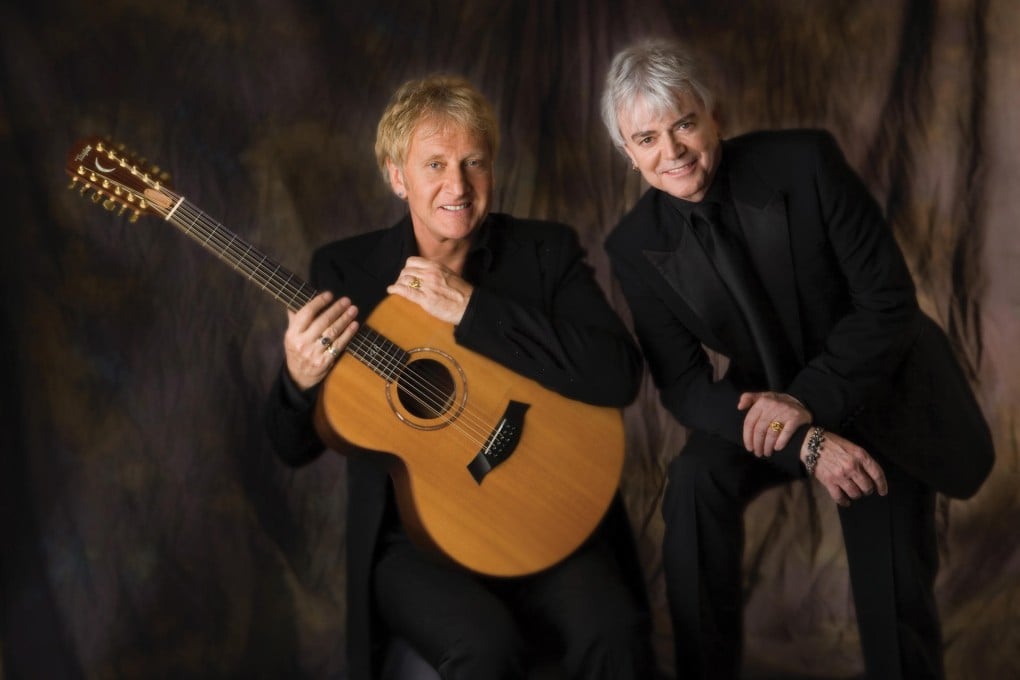Room for all
Older acts such as Air Supply will always look to Asia to keep their careers alive, but the market for fresh music is growing, even in Hong Kong

Australian soft rock duo Air Supply's love affair with Asia never seems to end. While their popularity has waned in the West, the balladeers who produced a string of chart hits in the 1980s always find loyal crowds in Hong Kong and the region waiting to sing along with them.
"Because we came there such a long time ago, we established a relationship," says Graham Russell, the band's guitarist and singer-songwriter who penned songs such as All Out of Love and Every Woman in the World. "We've been coming since 1984. It seems our Asian fans are very loyal."
There'll always be a place for the 'legends' and fair play to them. It's just up to everyone else to work on the other bits
While younger local music fans have long grumbled about a lack of variety or modern relevance in Hong Kong's live scene, promoters have never seemed to worry about a lack of venues or ticket buyers for so-called "dinosaur" acts that tug on the heart strings of older fans. Huey Lewis and the News play in the city shortly, Jethro Tull and Suzanne Vega visited recently, and acts from Sting to Elton John regularly fill AsiaWorld-Arena.
Justin Sweeting, who books bands for the annual Clockenflap festival in West Kowloon as well as putting on smaller gigs with current or rising stars, says Hong Kong has always been a happy hunting ground for dinosaur acts, but things are slowly changing for the better.
"I grew up in Hong Kong and if you weren't into Celine Dion or The Eagles, you might as well forget about getting to see a live show," he says. "The major motivation from the start for what I do has been all about trying to at least give other options to folks. There'll always be a place for the 'legends' and fair play to them. It's just up to everyone else to work on the other bits."
